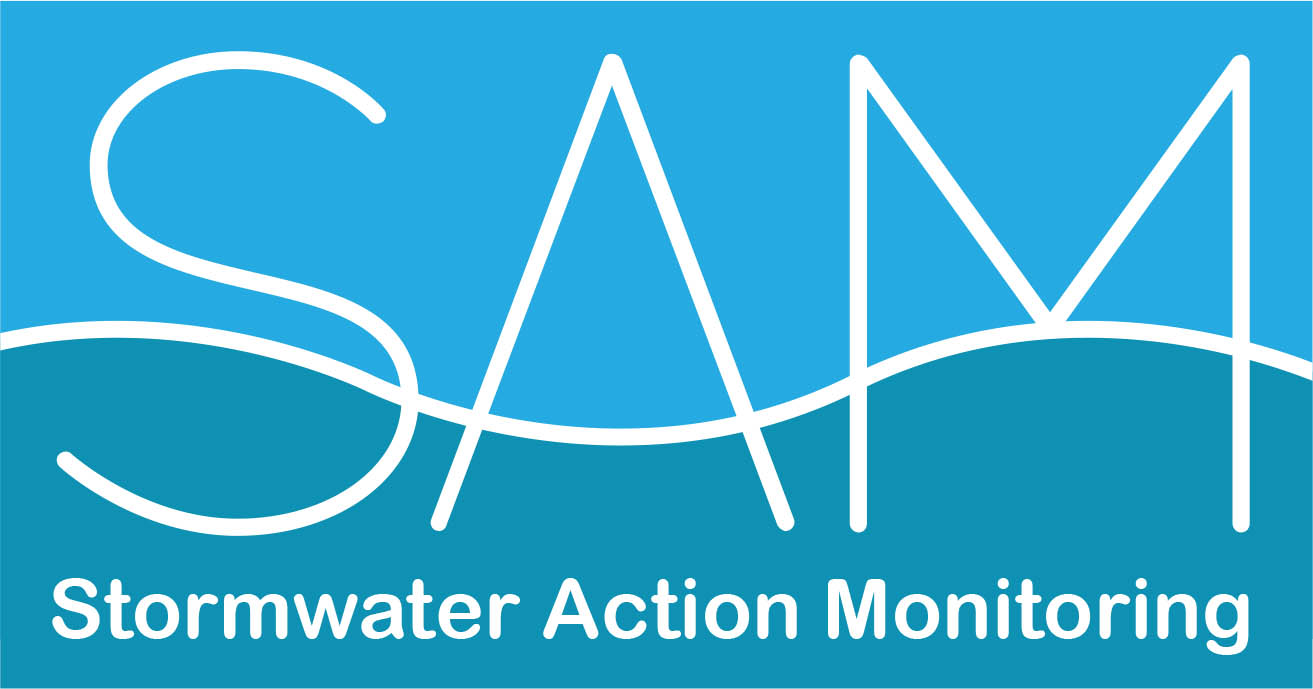Stormwater Action Monitoring - Administering pooled resources
We administer the Stormwater Action Monitoring (SAM) program, and the Stormwater Work Group (SWG) has oversight.
As the service provider for SAM, we aim to provide credible and transparent accountability for expenditures of permittee funds to implement SAM with oversight by the PRO-C. In our role as the SAM service provider, we:
- Track revenue and expenditures.
- Report cash flows quarterly.
- Contract for SAM projects.
- Maintain transparency via websites.
- Attend SWG and PRO-C meetings.
- Run deliverable-based agreements for SAM projects.
Pooled resources oversight committee (PRO-C)
The PRO-C is a formal subgroup of the SWG, PRO-C Charter, that provides oversight on SAM projects' scopes, schedules, budgets, and SAM contracting decisions. The PRO-C is comprised of local government representatives (permittees) and other stakeholders (non-permittees such as state or federal government). They have regular meetings to provide transparency and accountability in spending the funds contributed by municipal stormwater permittees. The PRO-C meets as needed, generally four to five times per year and is organized by the SAM coordinator. The PRO-C and Ecology use a report card approach to evaluate each other's performance on SAM implementation twice during a permit term:
- 2016 SAM Implementation Report Card
- 2019 SAM Implementation Report Card
- 2022 SAM Implementation Report Card
SAM funding
Who is included in the cost sharing program?
In 2013 and 2019, permittees in Western Washington notified their permit managers in writing which permit condition option they chose for monitoring. In 2024, the option to participate in SAM was extended to permittees in Eastern Washington. Virtually all permittees opted for SAM, the collective fund to implement monitoring. Other resources are also contributed to the program:
- USGS — has contributed on multiple receiving water studies extra funds. Examples include $20,000 to nearshore sediment sampling for microplastics, $60,000 of their co-op funds for enhanced flow data recording using pressure transducers at 15 streams sites for the 2015 sampling, and $50,000 of their co-op funds to compare 2015 stream data to the National Water-Quality Assessment (NAWQA) data in the Puget Sound region.
- Washington Department of Fish & Wildlife — analyzed mussel tissue samples for microplastics and contaminants of emerging concern
- Ecology — donates lead staff, meeting expenses, and technical services to ensure SAM's overall success
- Washington State Department of Agriculture — $53,000 in lab fees for an additional 100 pesticides at 75 stream sediment samples from the 2015 sampling, and also wrote a summary report.
- Penn Cove Shellfish — donated mussels for both rounds of mussel monitoring study in urban nearshore environments
- City of Redmond — donates project management task on the Paired Basin Watershed study
When do each year's payments occur?
We typically invoice permittees in May for payments due in August of each year. Receipts are available for download from PARIS.
Where can you send your payment?
Please send your payment to the address listed on the invoice. If this document is not available, use the information on our make a payment webpage.
Contact information
Raghu Namburi
Stormwater Action Monitoring Coordinator & Engineer
raghu.namburi@ecy.wa.gov
360-628-4989


